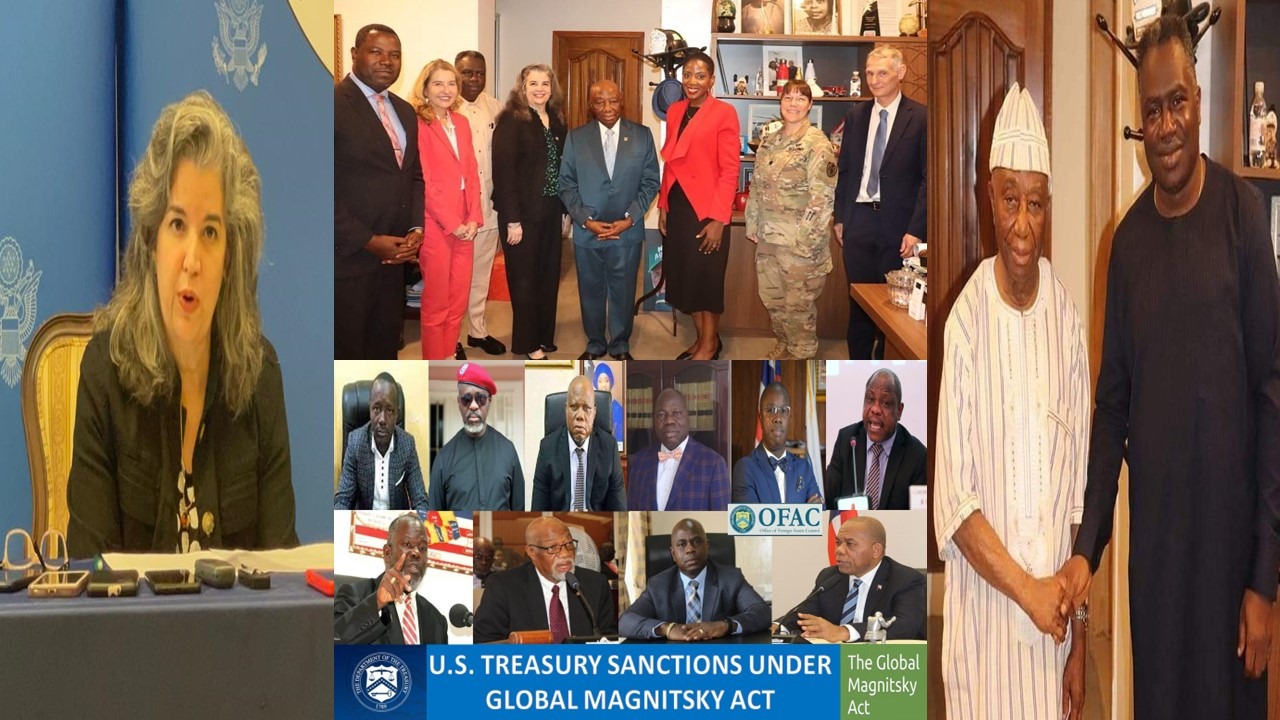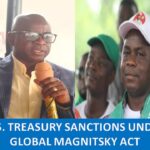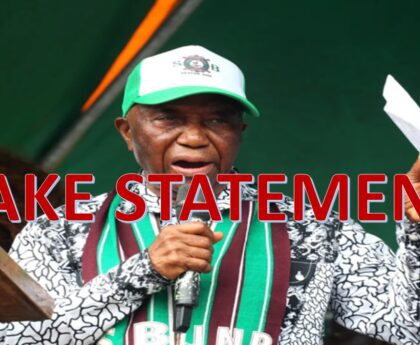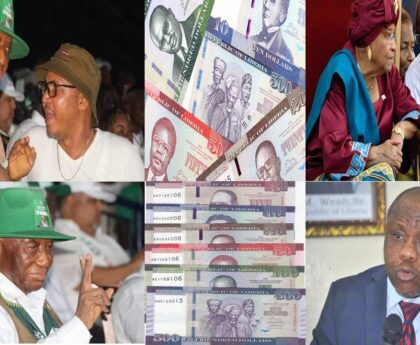In a recent press roundtable, Catherine Rodriguez, the Chargé d’Affaires at the United States Embassy in Monrovia, expressed the United States’ willingness to assist the incoming Boakai-Koung administration in the fight against corruption. However, she emphasized that the ball is firmly in the new government’s court, urging them to take the lead in addressing this longstanding issue that has plagued Liberia for years.
Rodriguez acknowledged that there have been some successes in the fight against corruption over the years but emphasized that mere sporadic triumphs are not enough. She stressed the need for consistent political will within both the executive and legislative branches to support anti-graft institutions adequately. As one of Liberia’s oldest and strongest international partners, the United States is committed to supporting the country’s best interests, but Rodriguez asserted that the Liberian people must take the lead.
“The incoming administration needs to do what is best for the Liberian people,” said Chargé d’Affaires Rodriguez. She highlighted the favorable reception of recent sanctions on top Liberian government officials by the people, as evident on social media. Rodriguez asserted that this signals a strong desire among the Liberian populace for the new government to combat corruption actively.
The Chargé d’Affaires underlined the importance of the Boakai administration’s commitment to fighting corruption, stating that the United States is ready to help, but the government, civil society, the media, and the Liberian people themselves need to be equally committed.
The recent sanctions imposed by the United States on Liberian officials, including Monrovia City Mayor Jefferson Koijee, Finance Minister and Development Planning Minister Samuel Tweah, Senate Pro-Tempore Albert Chie, and Senator Emmanuel Nuquay, have once again brought the issue of corruption to the forefront. These designations, made under the Global Magnitsky Human Rights Accountability Act and authorities under Section 7031(c) for visa restrictions, underscore the United States’ commitment to combating corruption and human rights abuses globally.
Liberia has long grappled with endemic corruption within both public and private sectors. The Transparency International’s 2022 Corruption Perception Index ranked Liberia among the poor performing countries, with a dismal score of 26 out of 100. This situation emphasizes the urgent need for sustained efforts to address corruption at its roots.
Rodriguez commended Liberia’s existing institutions capable of investigating and prosecuting corruption, as well as ensuring transparent and competitive procurement. However, she emphasized the necessity for consistent political will within the executive and legislative branches to support these institutions adequately.
She called for greater transparency in government and encouraged regular citizens and honest government workers to report fraud and corruption. The Chargé d’Affaires stressed that action must be taken whenever corruption is uncovered, from firing or disciplining employees for minor incidents to prosecuting those involved in major incidents.
As the incoming administration gears up to take office, Rodriguez’s message is clear: the fight against corruption requires a collective effort. The media, as the fourth estate, plays a vital role in transparency by reporting accurate information on government spending and its impact on the lives of Liberians. Rodriguez concluded by highlighting that although corruption exists globally, what matters is the decisive action taken to address it. The United States stands ready to assist, but the commitment to combating corruption must come from within Liberia itself.




